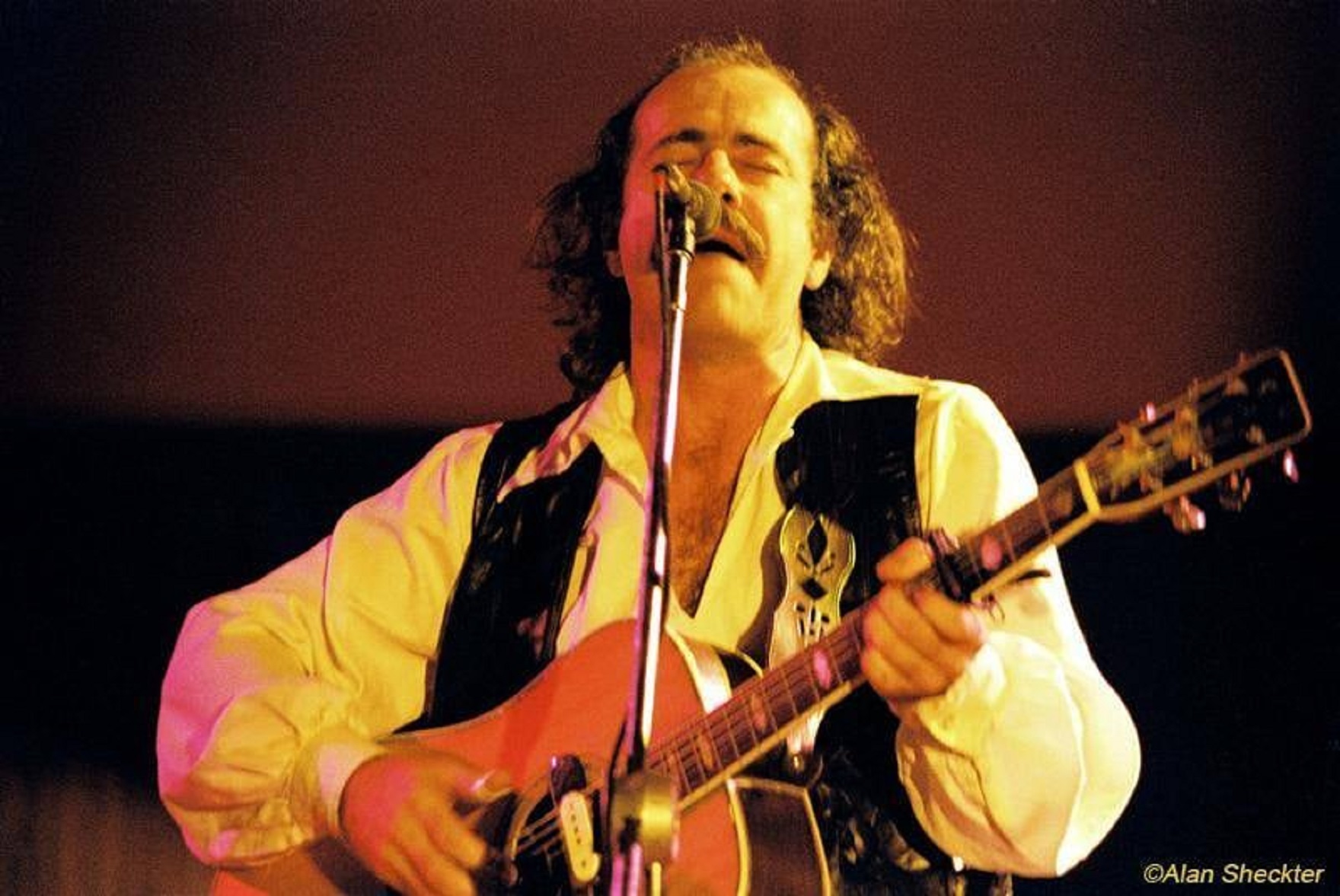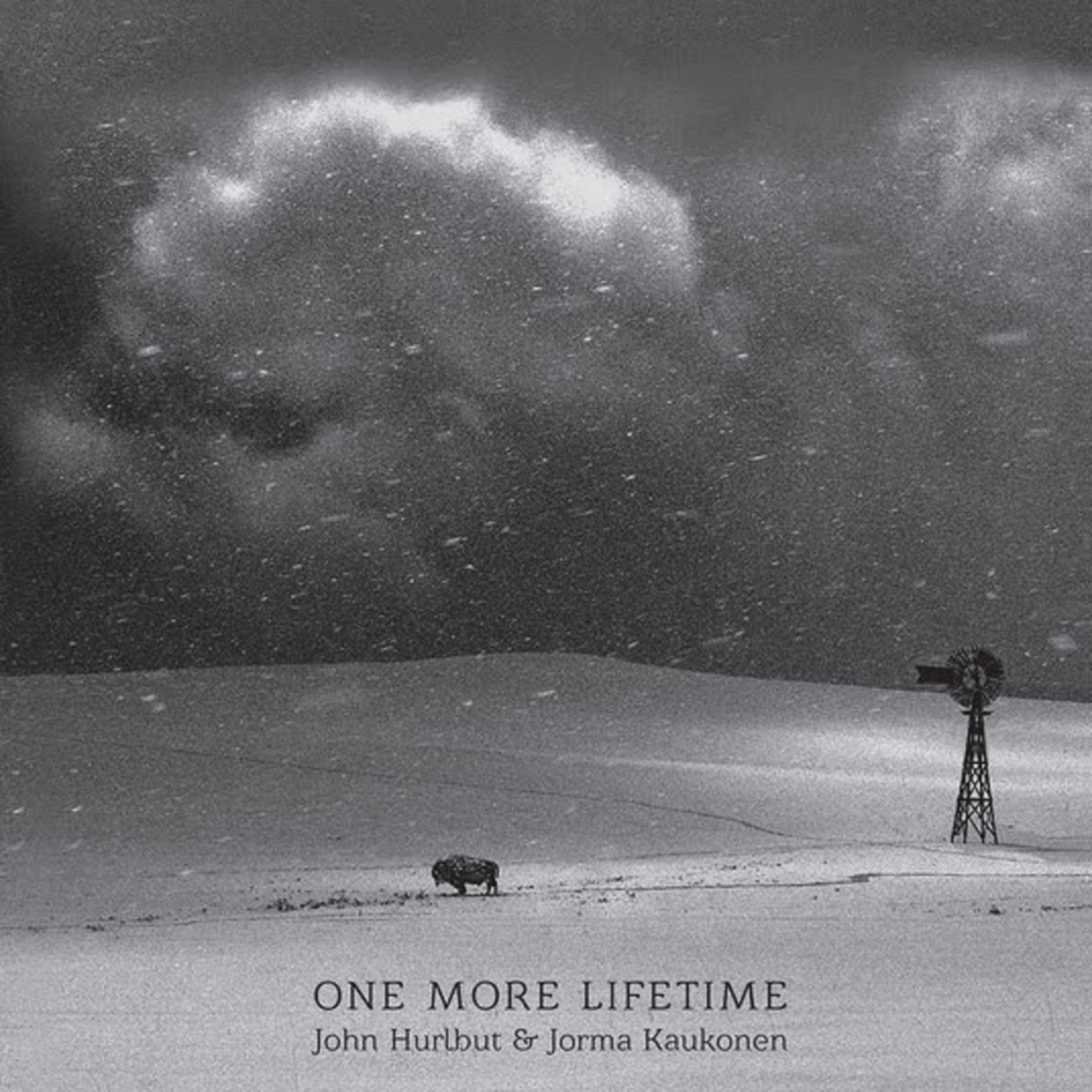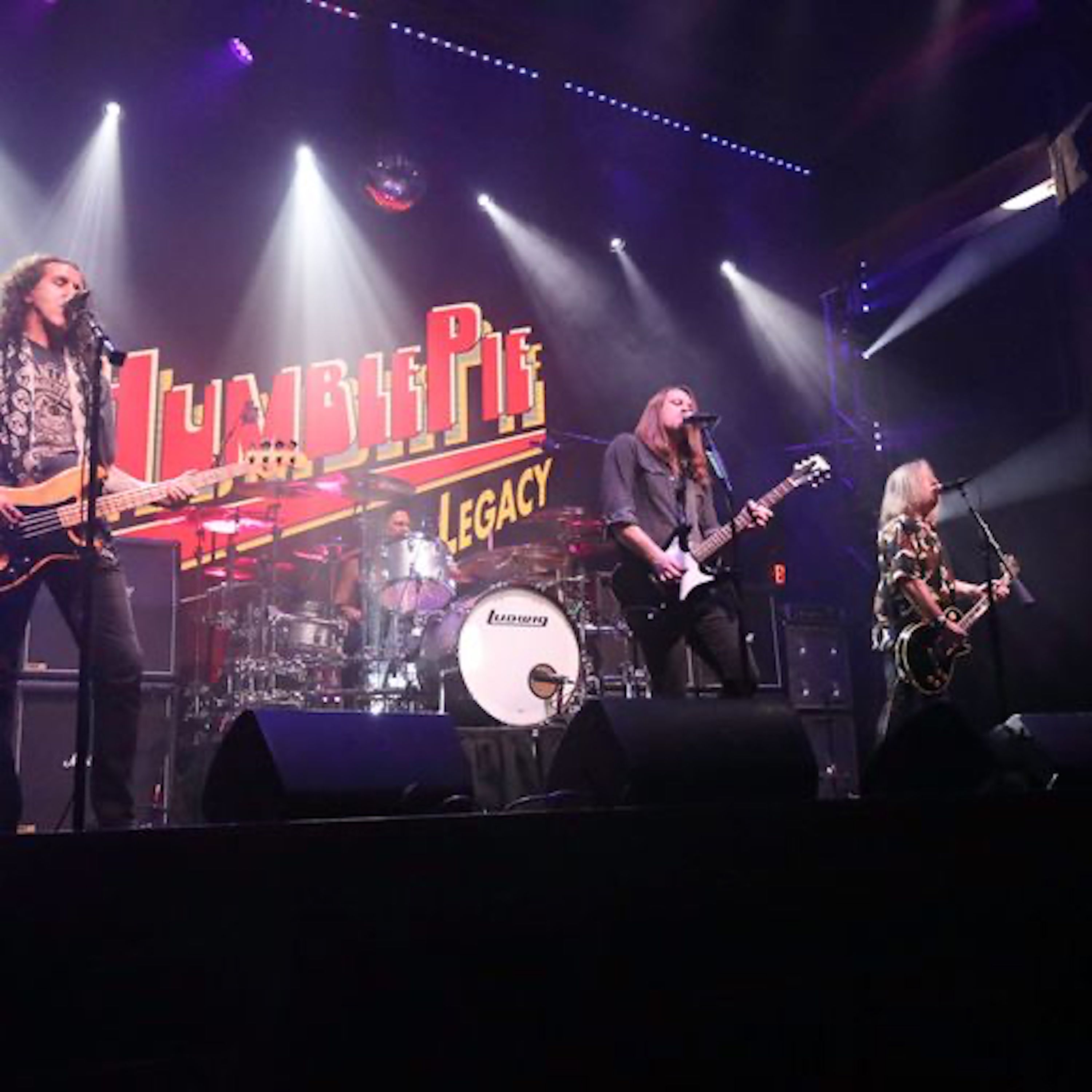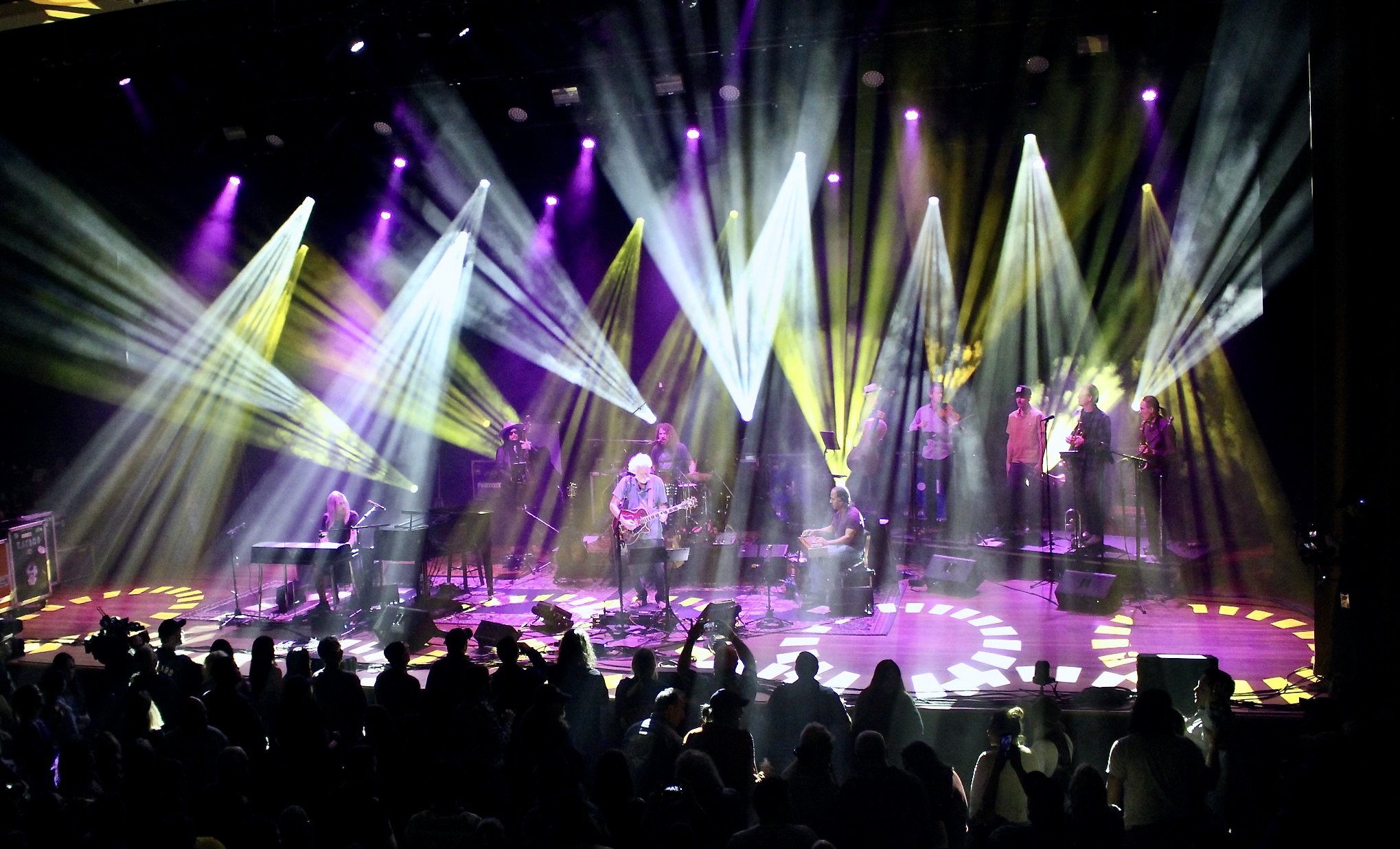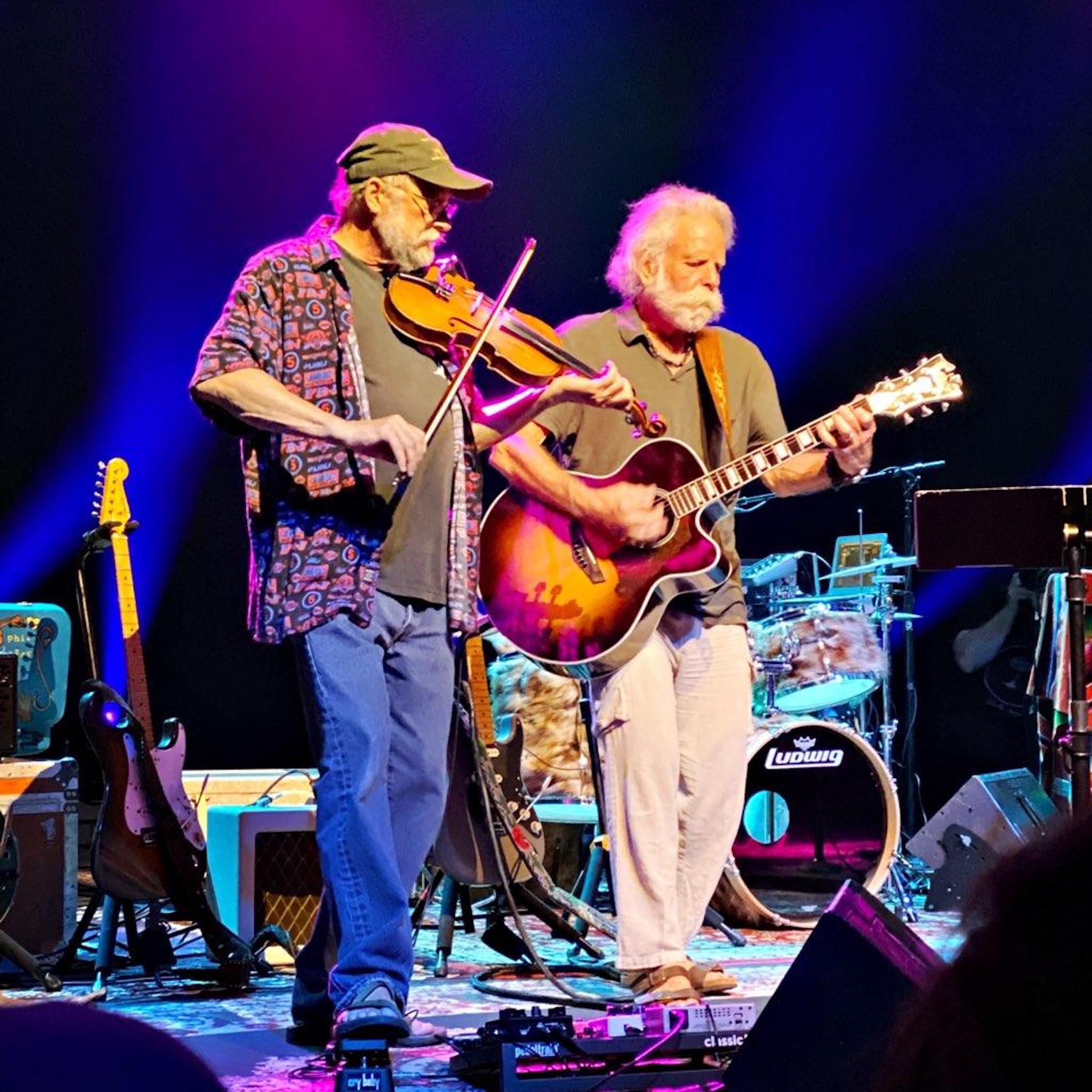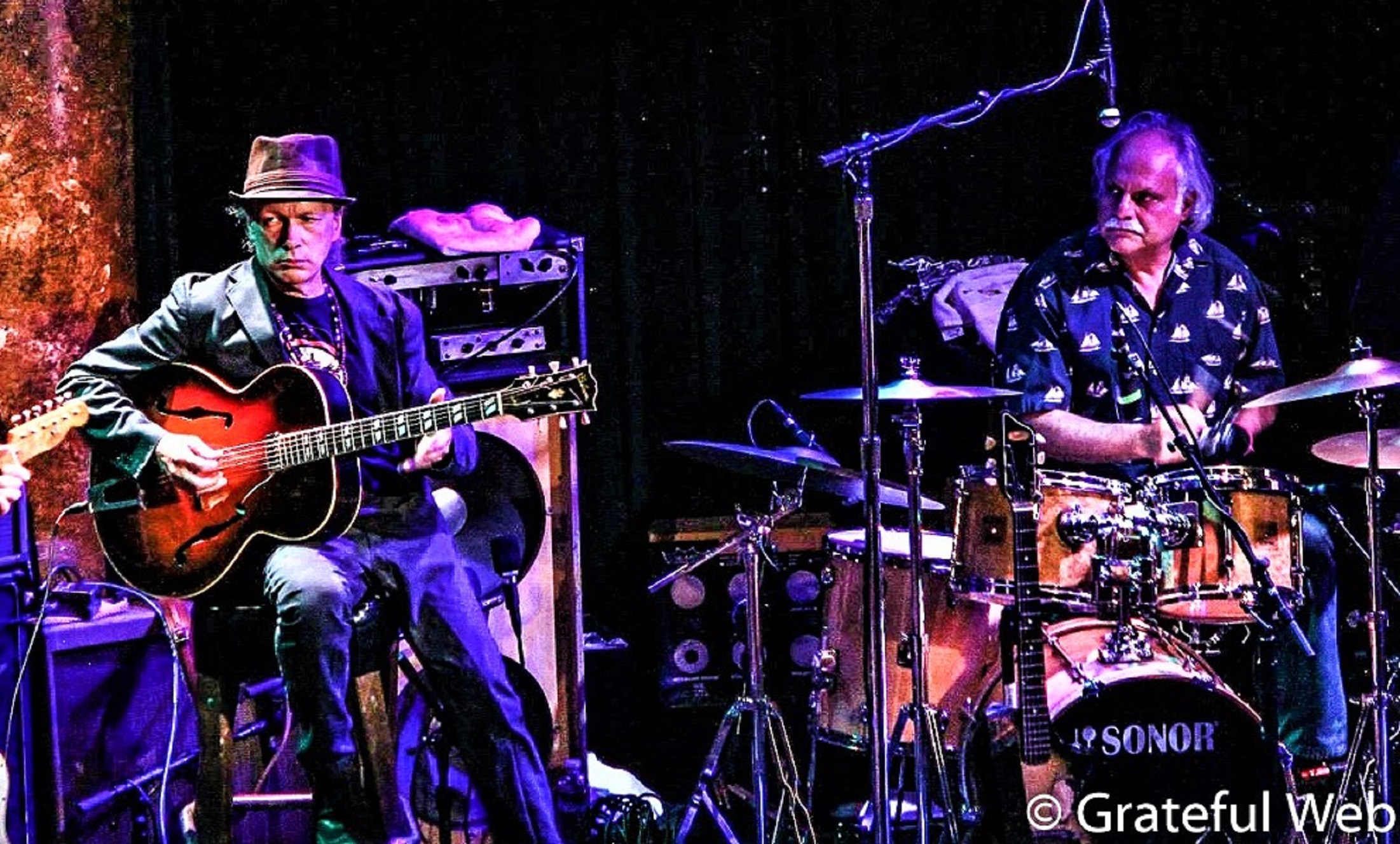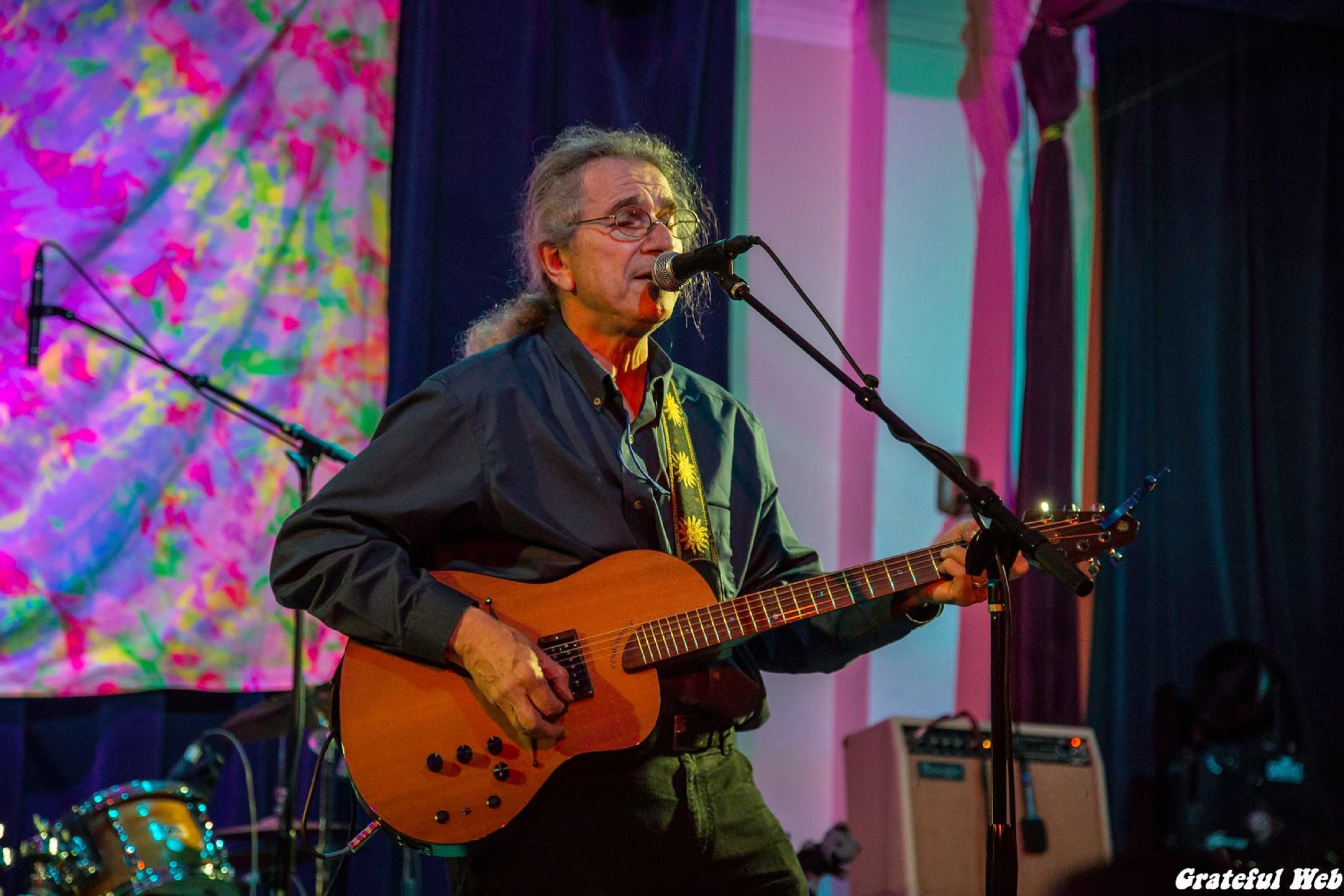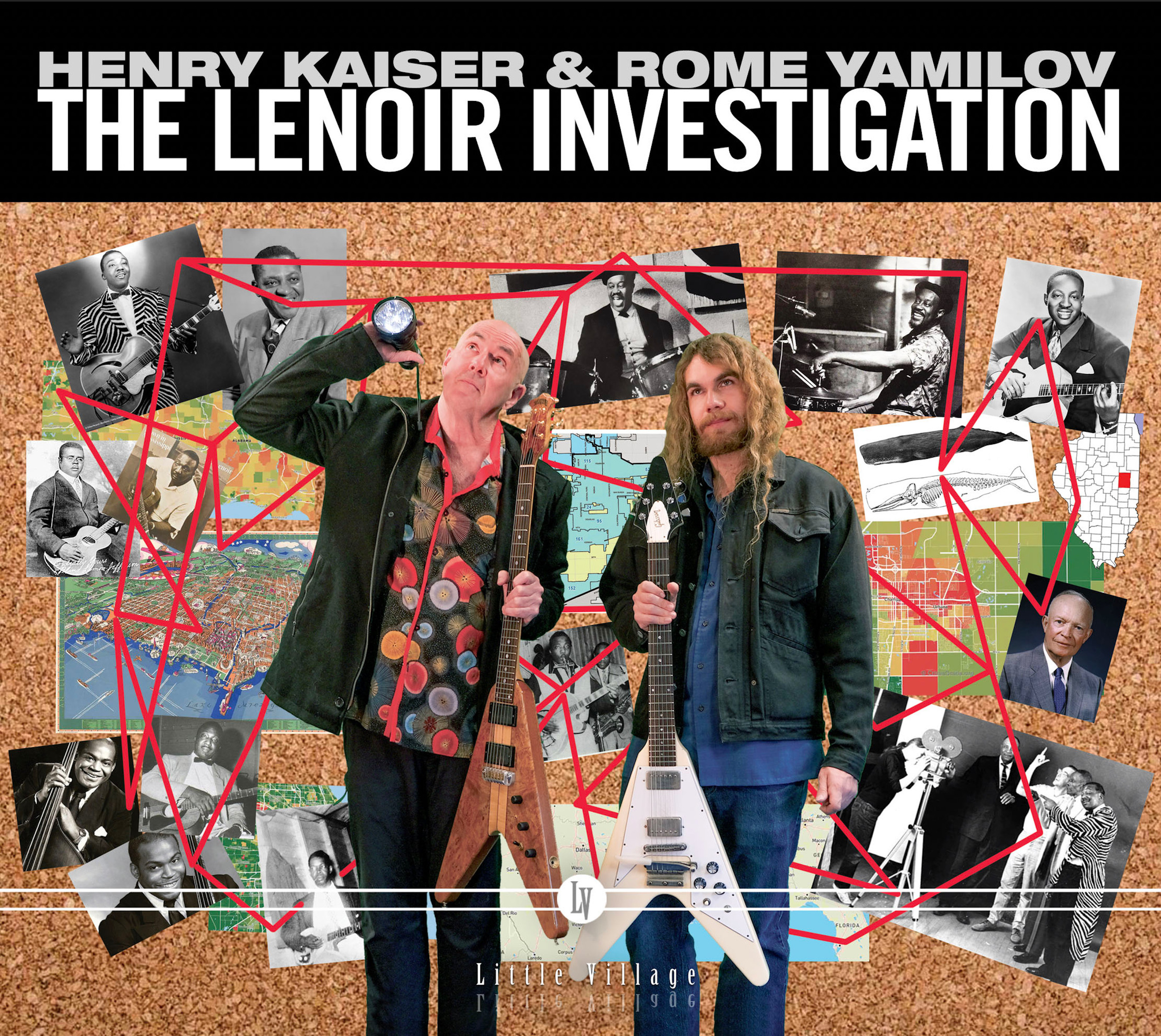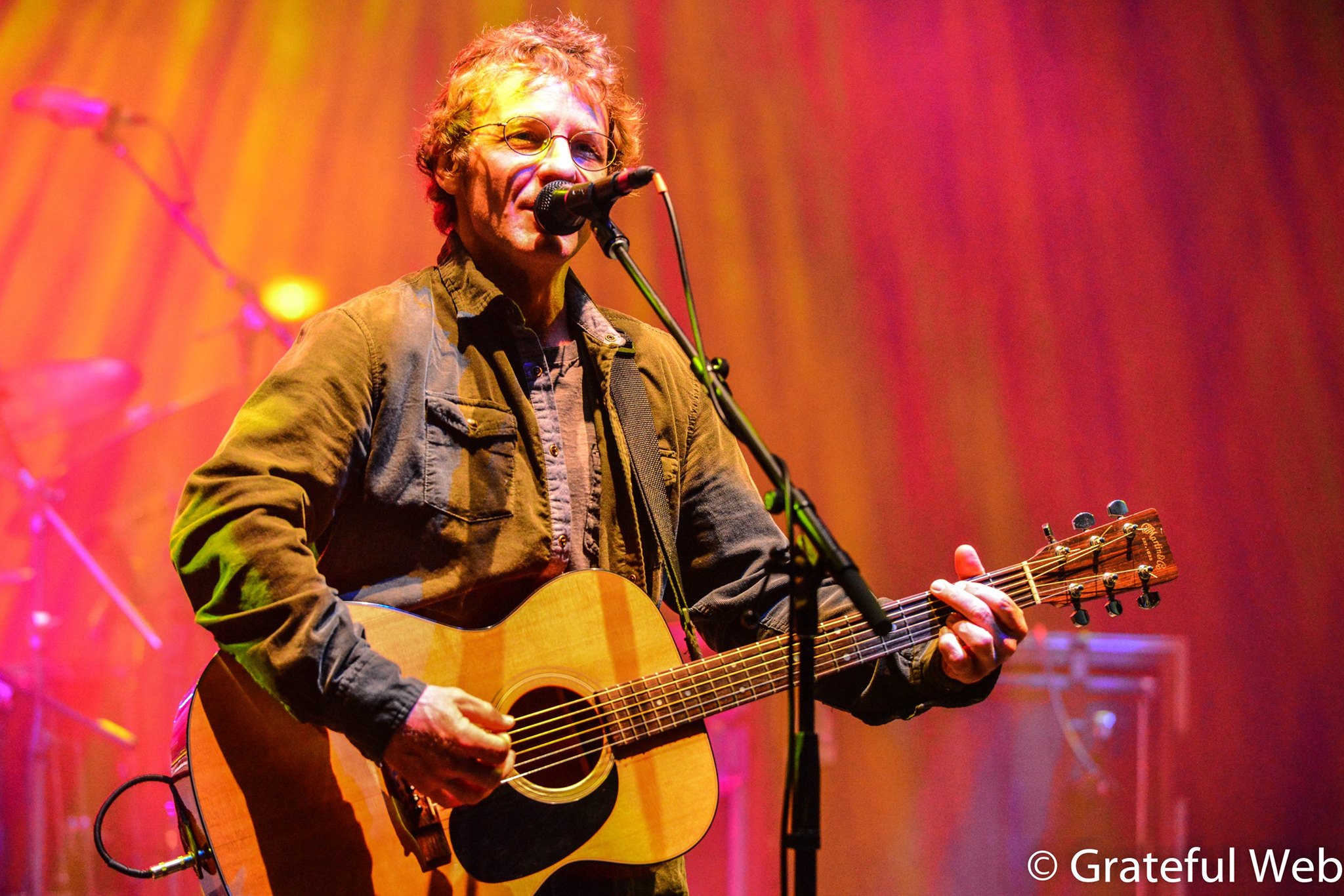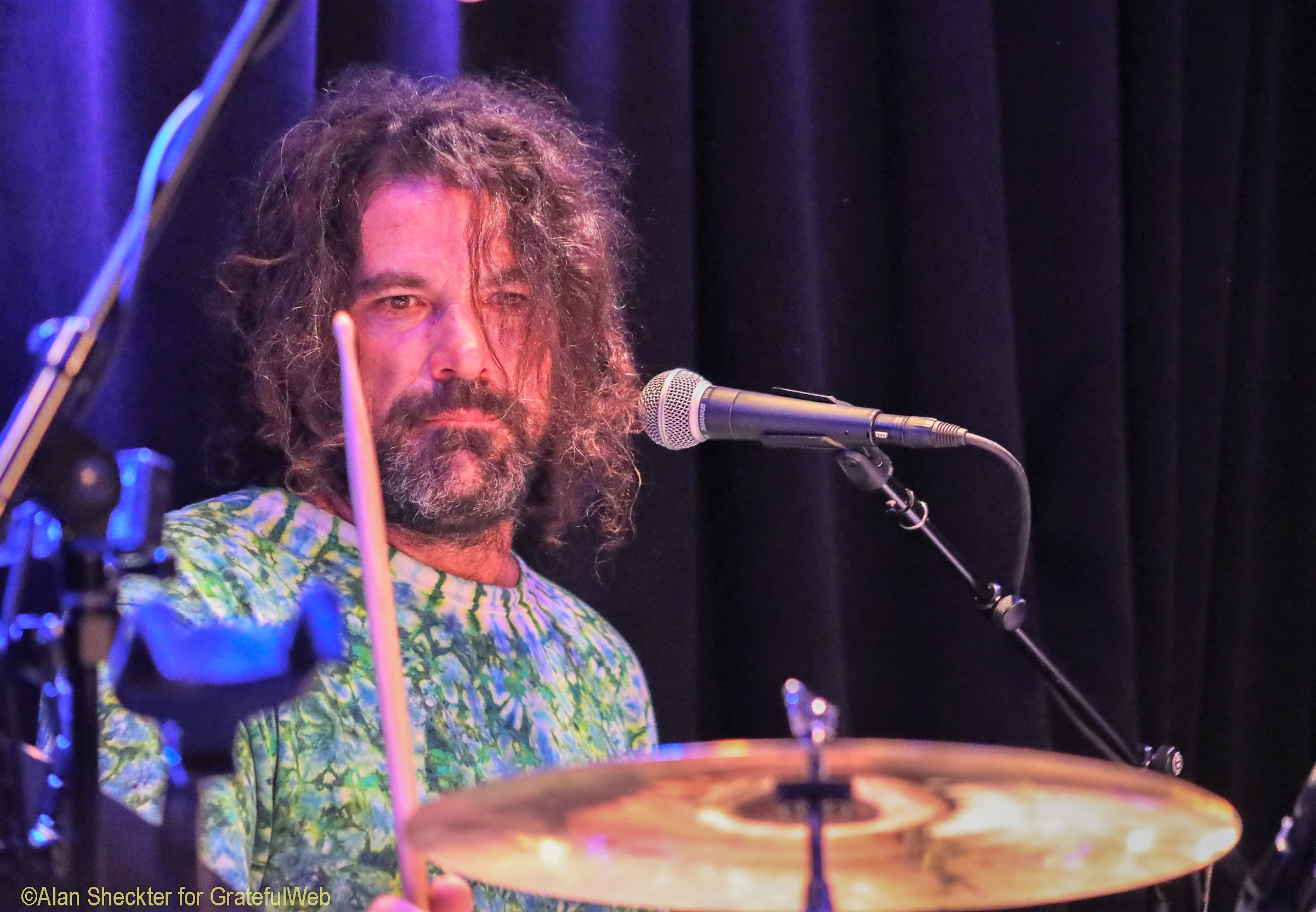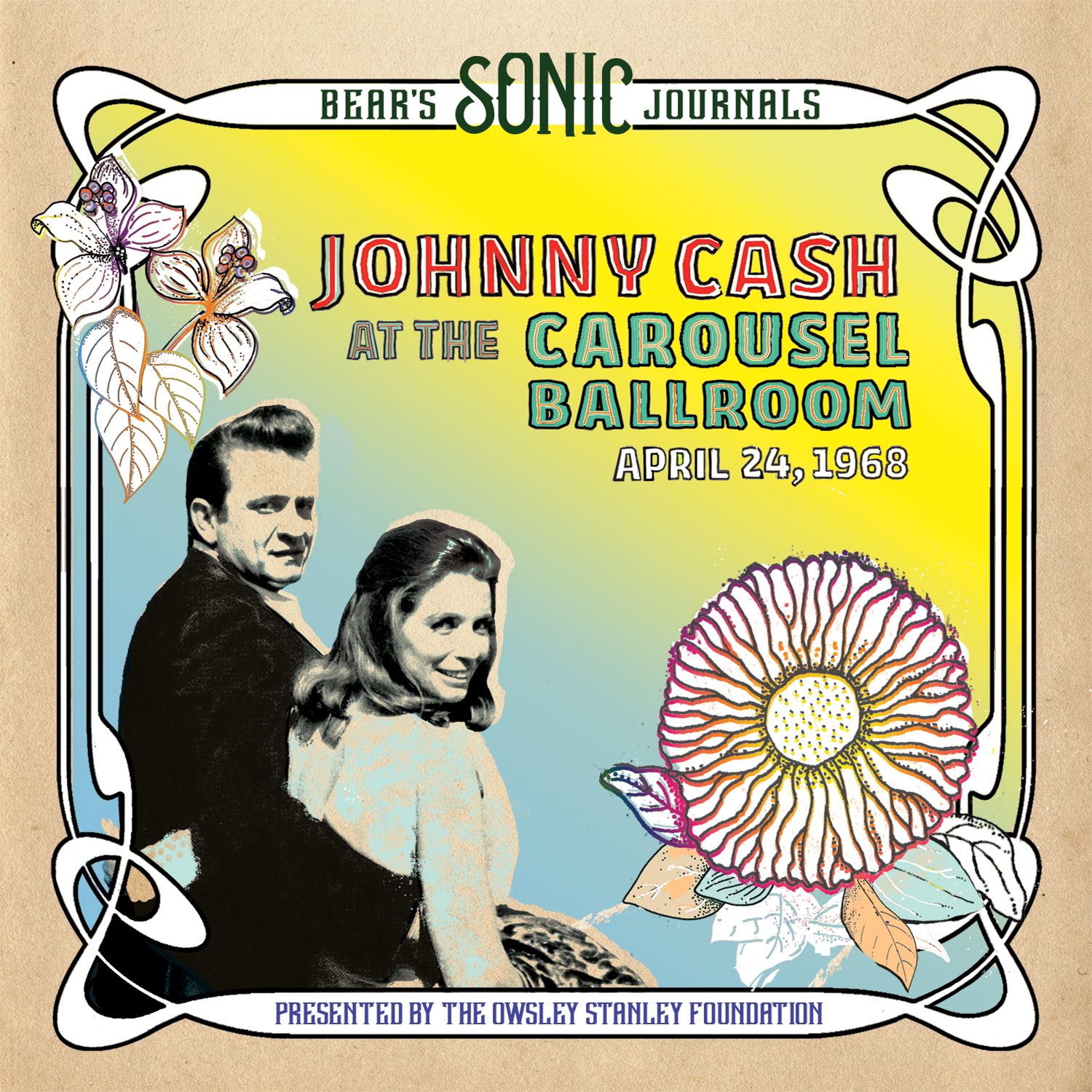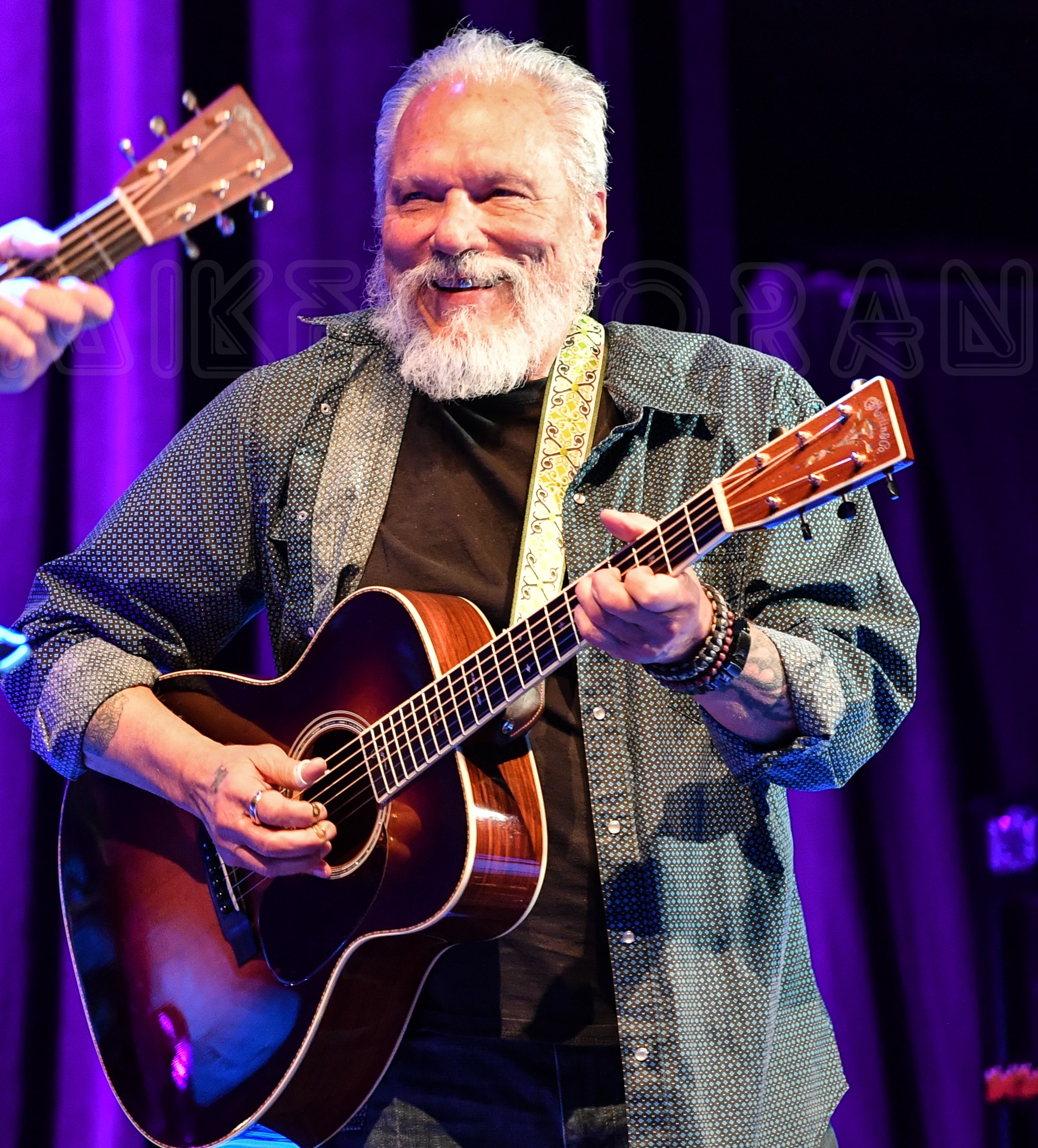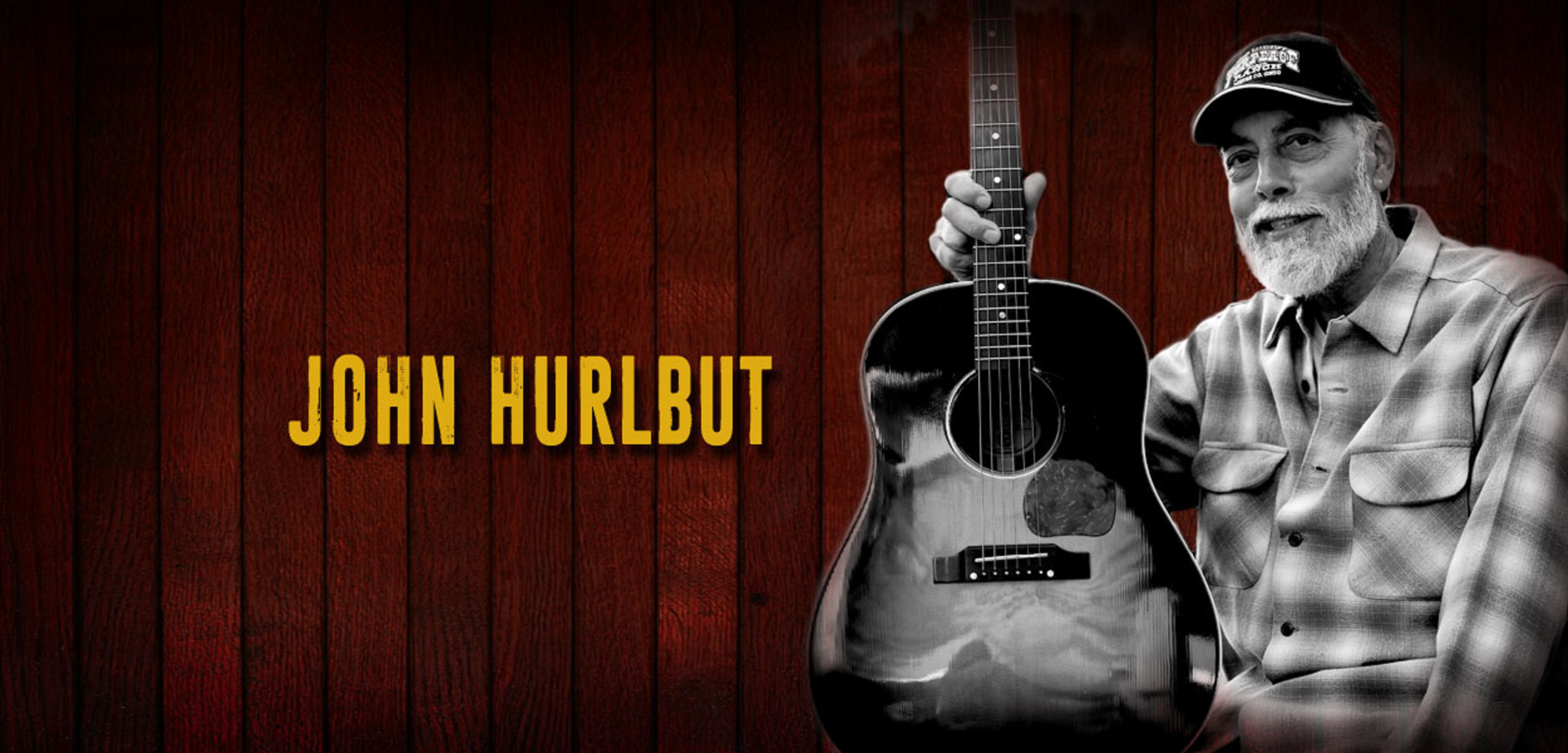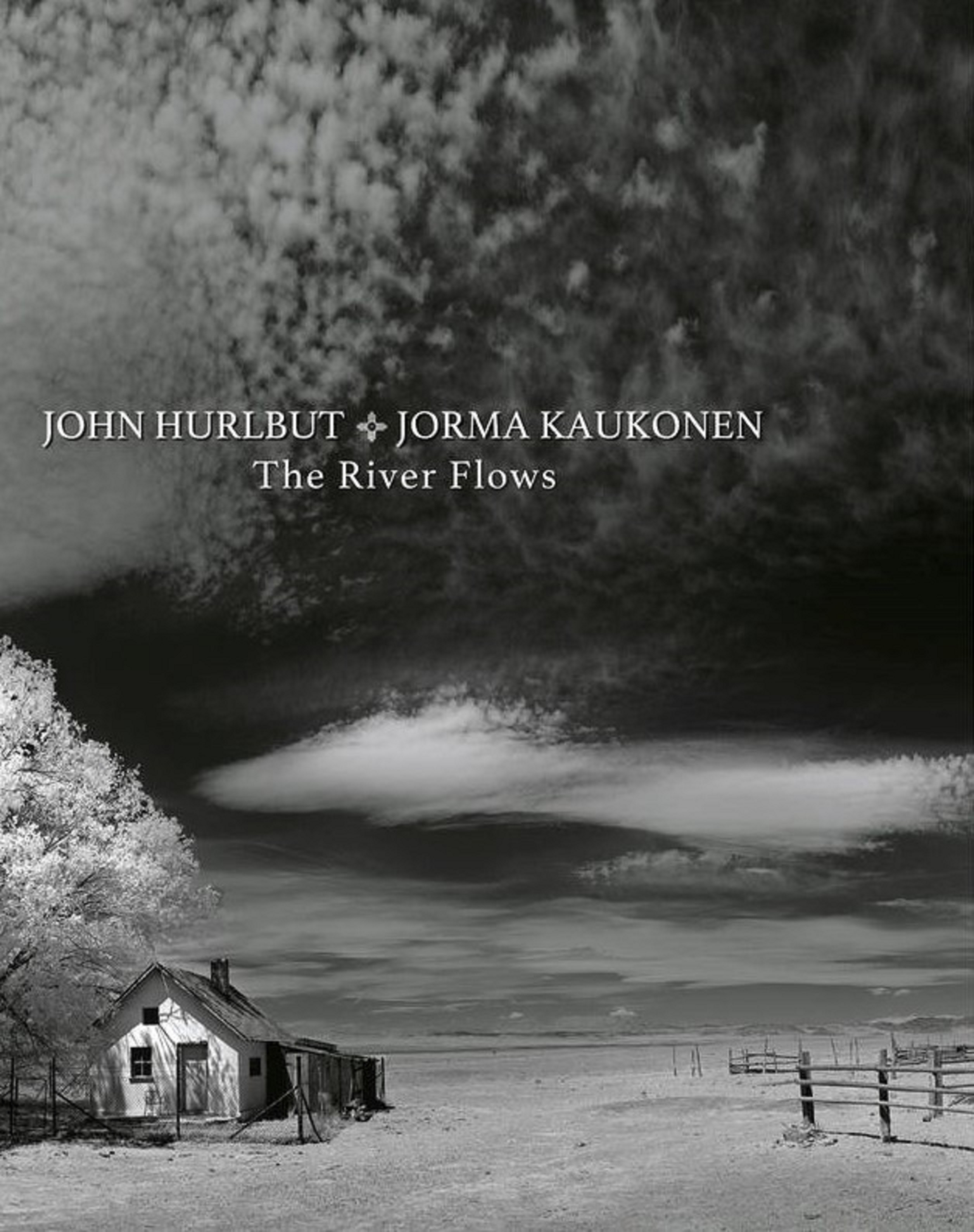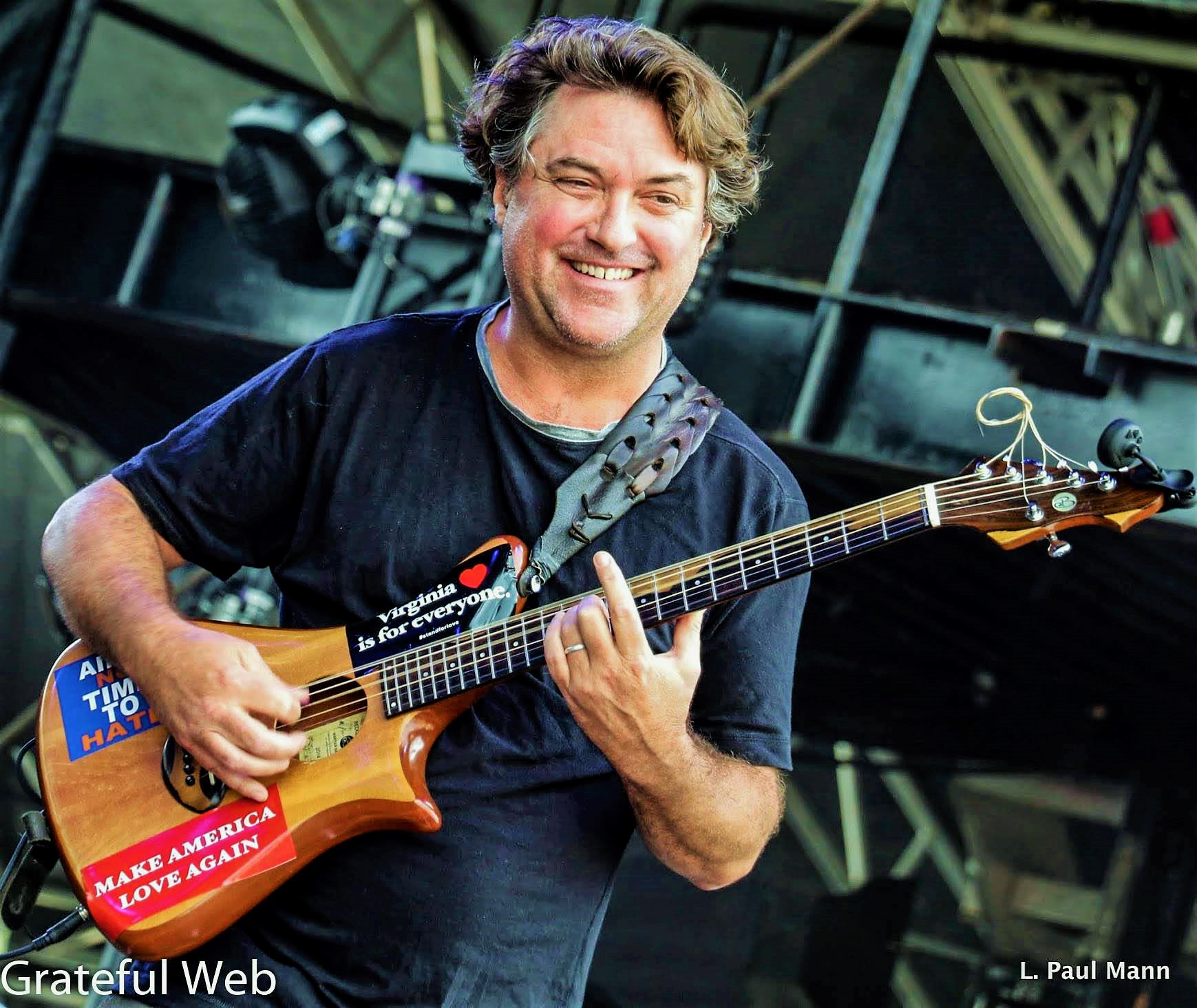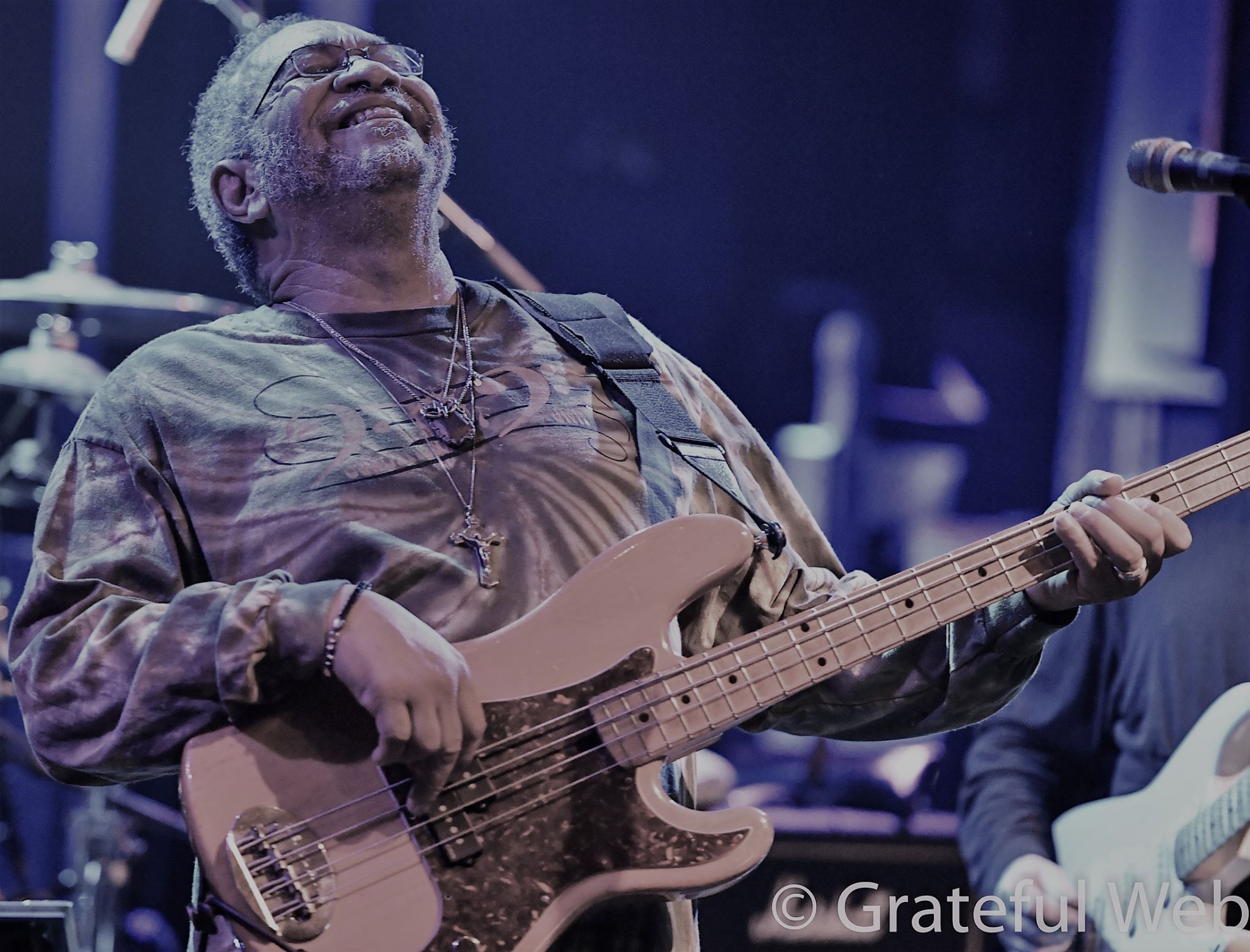With the sorrowful passing of Robert Hunter, I sense the cool winds of fall sifting through the leaves of the Grateful Dead tree. As the leaves change colors and begin to drift back into the cosmos from which they came, it is ever so easy to become submersed within reflection.
“So swift and bright, strange figures in light, float in air.”
Trampling through Robert Hunter’s lyrics I recall the days when I first heard Saint Stephen, the words, “Lady finger, dipped in moonlight, writing ‘What for?’ across the morning sky,” called to me in some yet unidentified manner. What strange music was this? I thought at the time. Yet, I am wondering this ever more so today. I’m reminded of the first time I heard Wharf Rat live. Oh the sweet sound that song makes rolling in, the sweet words plunging me into the heart of existence. “I got no dime, but I got some time to hear his story.” Who writes stuff like this? This had innate meaning, some kind of peculiar, yet familiar profoundness—an added dimension that pried at my mind. We all felt it during our first foray into the parking lot, or through the pearly gates. Like just, Wow! These words, this music, this vibe, wasn’t just a band. We all had the same thought, because we each saw something, felt something. Something larger was happening here, something timeless, something cosmic. Yet what was it exactly?
“I don’t know, maybe it was the roses.”
Without Robert Hunter, there would not have been a “Grateful Dead”. Yet . . . without the Grateful Dead, there would not have been the words of Robert Hunter. Each was born out of the other, in a universe where Voice and Song are not separate.
“I have spent my life seeking all that’s still unsung. Bent my ear to hear the tune, and closed my eyes to see. When there were no strings to play, you played me.”
Over the coming months, we will each seek to understand Mr. Hunter’s part (in the band, in our lives, in achievements) as we mourn his passing, and rejoice in the gift he left our psyche,—a gift that was paramount to our perception of reality. A true grasp of Robert Hunter’s being and doings will forever swirl outside our comprehension. “Sunbells rain down in liquid profusion.” Yet when considering Robert Hunter, I am forced to take pause, stop the workings of my world for a moment in his honor. I sit with a cup of coffee, rain running down the glass of my windows, and quietly dig for him in memory and meaning. I remember singing his words with abandon around campfires or humming quietly alone in my car over miles of highway, Jerry whispering into my ear. Or just laying on the floor, taking the ride. “When you get confused, listen to the music play.” As I scrap to define what Robert Hunter's words have meant to me over the course of my life, in a million situations, the scope shatters any attempt at measurement, and I begin to see what all he’s done. Gratitude rolls over me like a wave and I cry. I see his reflection cast, ever so wonderfully, everywhere, and I am in awe.
“Tell me all that you know. I’ll show you snow and rain.”
Robert Hunter was more than a lyricist, obviously, even more than our heralded title of Deadhead Poet Laureate. He was a remarkable, mind-blowing metaphorical artist of the human condition. “The storyteller makes no choice, soon you will not hear his voice.” With one foot firmly planted in stardust, he chronicled the Grateful Dead experience. Snapping metaphorical pictures of the characters, defining the encounters in parable like manner, Robert cast the times and people upon the ancient backdrop of a cosmic setting. Stretching our minds out into metaphorical array, he opened us ever so slightly to a cosmic existence, and we knew what we had always known . . . all the glorious things we saw when we thought, Life is so much more than I ever imagined! We rejoiced! Our minds leapt free, frolicking in Hunter’s marvelous spatial understanding, dancing upon the notes and chords of the Grateful Dead and LSD.
Who is Uncle John? What is Franklin’s Tower? The answers to these questions, and the many others Hunter planted in our minds, are different in different times, spaces, and people, yet always a doorway to the profound. Robert Hunter didn’t merely write songs, he gave us Eyes! He gave us a place to laugh our past away, to “make it just one more day.”
“Wake up to find out that you are the eyes of the world . . . the song that the morning brings.”
Robert, we could not have been what we have become without you. Thank you. Or seen and known the world as you have shown it. Oh, how many ways you are responsible for me becoming all the things I love so much. “A leaf of all colors plays a golden string fiddle to a double-e waterfall over my back.” I’ve listened to your lyrics many times over (embarrassingly so) and lament that there will never be another first time, yet I find in contemplating your words now, in light of your passing, they once again offer new meaning.
“Like a crazy-quilt star gown through a dream night wind.”
When I look to Playing in the Band, Brokedown Palace, Stella Blue, or Terrapin Station, or think of how Robert brought such characters to life as Tennessee Jed, Cosmic Charlie, Jack Straw, and Sugar Magnolia (the list going on and on), the piercing insight and vastness of mind Hunter brings to the scenarios of daily living, so beautifully encased in simplicity and wide open to a phenomenal amount of connectivity, I can only marvel.
“It’s just a box of rain, or a ribbon for your hair.”
Robert brought depth of being to the music of the Grateful Dead, which in turn brought depth of being to each of us. His words offered coherency, meaning, the realization of that “special something” that brought us all together, across different upbringings, job titles, and monetary status, where we had no other identity than Deadhead, graspers of “the deep unreal”. The music, Jerry’s guitar, and the hallucinogens cast a cosmic stage, yes, yet we’d be remiss if we didn’t recognize it was Robert Hunter's words, his insight, his cosmic eyes, that carried us over the edge, where tears flow in beauty, and thoughts soar unknowingly . . . and understanding is had. How many times, at how many shows, during how many songs did my mind hear just a few lines and go off soaring through discovery, awakening, or into the eyes of infinity? How many times did his prose sum up a situation? Speak to the happenings? Offering us a multitude of opportunities in which to quote him. How is it that Brokedown Palace brings consolation during the death of a loved one, while at the same time bringing friends together at a wedding?
“Listen to the river sing sweet songs to rock my soul.”
Robert Hunter’s words constantly come to our minds, cross our lips as we navigate our daily lives, and in each case we can say, “There he is,” for, “Once in a while you get shown the light . . .” His lyrics will forever be that light shining on our world, one that shines day and night, illuminating a universe where we’re no longer human being, but instead, the cosmos being. To visit Robert we must only ask, “What would I be without the words and understanding of Robert Hunter dancing around my mind with the music therein?” I don’t need an answer to this question. I only need leave my mind open in askance as I watch the seeds of Robert and the Grateful Dead spread, and know that the thoughts and meaning of our combined experience has been recorded, that the gateway will remain open to all who listen.
“Would you hear my voice come through the music, would you hold it near as it were your own?”
Robert Hunter gave voice to our song, and in so doing, we came to form. And now, as the leaves of our Grateful tree become mulch, we will see black dirt live again as the Ripples are heard by new ears . . . And new sprouts of ancient being will carry our story on. For our tale has been forever carved into the mind of man, through thousands of interpreters, throughout time and space, by a man named Bob. For, “In the end there’s still that song, comes crying like the wind . . . And when you hear that song . . . it seems like all this life was just a dream.”
“Shall we go, you and I, while we can, through the transitive nightfall of diamonds.”





